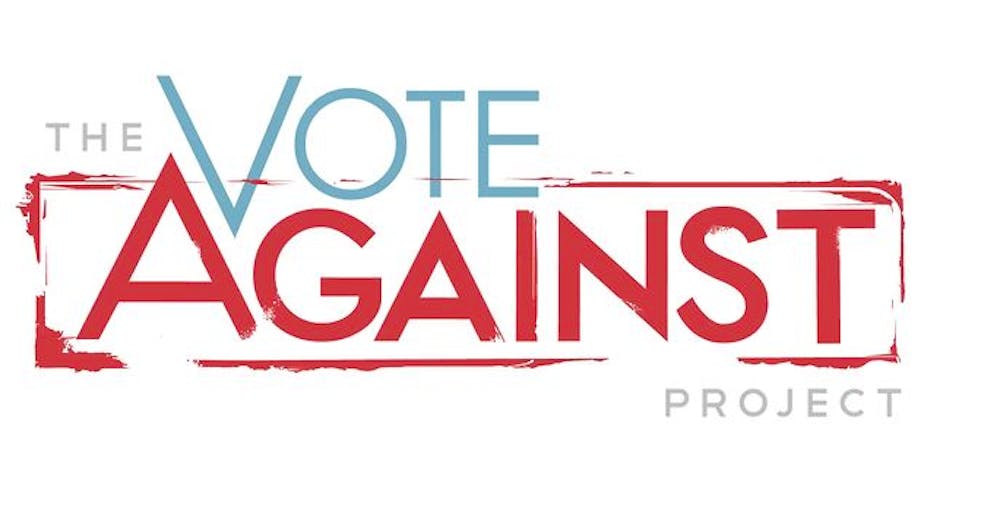[box]Text of Amendment One: Article 14. Sec. 6. Marriage. Marriage between one man and one woman is the only domestic legal union that shall be valid or recognized in this State. This section does not prohibit a private party from entering into contracts with another private party; nor does this section prohibit courts from adjudicating the rights of private parties pursuant to such contracts. [/box]
It’s not for families, it’s certainly not for the LGBTQ community and it’s not even beneficial for Bible Belt Christians. If passed, Amendment One, which would add a definition of marriage to the North Carolina state constitution as one man and one woman, could hurt North Carolina residents.
Although it is marketed as a way to keep gays and lesbians from getting married, ending same-sex marriage is practically the only thing this bill doesn’t do. It would prevent same-sex marriage from being legalized in the future, but because it is already illegal in the state of North Carolina, the bill’s perceived purpose is redundant. North Carolina is the one of the most open, welcoming and progressive southern states, but passing this bill means we alienate the countless people here who are part of the LGBTQ community or are strong allies.
As the 11th hour approaches, if you are against same-sex marriage and think you are doing God’s will by voting for Amendment One, think again. North Carolina’s current atmosphere is one that attracts open-minded employers and employees who are for gay rights, and they’ve already spoken out to make it clear they’re not interested in this kind of legislation. If you think the economy is bad now, it could get even worse if Amendment One is passed and companies take their business elsewhere. The exact repercussions of the bill are unknown, which is terrifying. The consequences could be devastating.
Voting yes on Amendment One does not change marriage or marriage rights in any way. But in an unexpected and largely unknown twist, Amendment One could also do severe damage to everyone in domestic partnerships, same-sex or not. Domestic legal unions have never been defined by the state, so delegitimizing them in favor of matrimony could hurt all couples, including possibly impacting child custody for divorced and unmarried couples.
This is an untested law, and state representatives are doing their constituents a major disservice by subjecting them to unknown ramifications. In Ohio, a similar law meant some domestic violence cases were not prosecuted because they occurred between two unmarried people.
In the United States, the recent trend has been for couples to get married older rather than younger, and we have seen domestic partnerships and cohabitation increase significantly. Elon University is one of many private institutions or companies that offers benefits for domestic partners, which is a step in the right direction, and a step in pace with society. But public and government organizations in North Carolina that offer such benefits would likely be prevented from doing so should the state vote in favor of discrimination. Both same-sex and straight couples would be affected.
Conservative evangelicals have been pushing Amendment One, but amending a constitution is not a conservative move, according to Equality North Carolina, an equal rights organization. Constitutions should protect our rights rather than take them away, and we should not allow the majority to make decisions about rights for a minority. If the bill is passed and severe consequences are realized, it will be impossible to undo the emotional, social and economic damage that is done, and almost as hard to amend the amendment.
So think, North Carolina. A vote against Amendment One is a vote against a slew of messy problems. It’s a vote for a more open and welcoming state and it’s a vote against discrimination. Go early, head to the polls on May 8 or fill out your absentee ballots — whatever floats your vote. Just make sure it’s a vote against ignorance.


